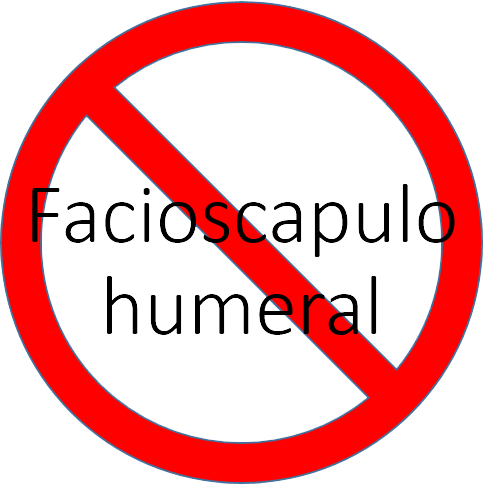Posted by Gregory J Block MSc PhD on Sep 22, 2014
I love technology. If you pick up my cell phone and type in the letter "f," the word "facioscapulohumeral" is immediately recommended, because I've written it so many times in my life. In fact, predictive text will effortlessly generate the sentence "Facioscapulohumeral muscular dystrophy is caused by inappropriate activation of the transcription factor, DUX4." However, in my new role as Scientific Development Director at Friends of FSH Research, I'm going to declare that I don't like the word, and although it will likely affect my search rankings on Google, I'm not going to use it.

Much like the Royal Bank of Canada is now RBC, and Kentucky Fried Chicken is KFC (or PFK in French), I'm simply going to say FSHD or FSH muscular dystrophy. The acronym says it all, doesn't it? It's a muscular dystrophy that affects muscles in the "Face," "Scapula," and "Humerus" (arms), if someone asks. But the explanation downplays the disease. While those muscles are characteristically affected by the disease, patients suffer tremendously from global muscle loss that progresses relentlessly. Facioscapulohumeral, while intriguingly complex, is also a misnomer that makes the disease sound smaller than it is.
But truly, what irks me the most is when I try to imagine going to the 10th neurologist and finally receiving my diagnosis of the a muscular dystrophy with an absurdly complex name. It offers no comfort, no hope, and no relief. Given how much we've learned about FSHD over the last decade, and the fact that researchers have decoded a very complex genetic cause for FSHD, we're on a clear track going forward. What better time to simplify?
FSH muscular dystrophy is a devastating genetic disease that robs people of the healthy, active, and independent years of their life. And we need to fix it. No more explanation necessary.





Connect with us on social media